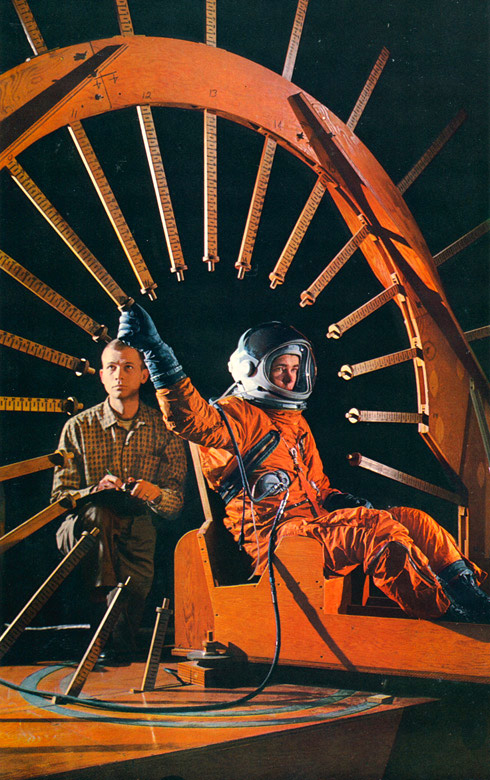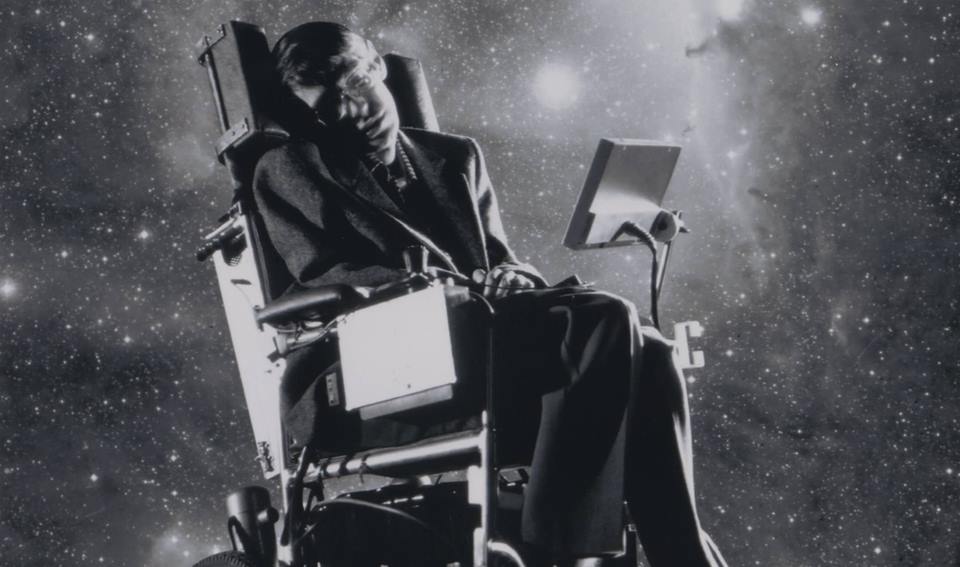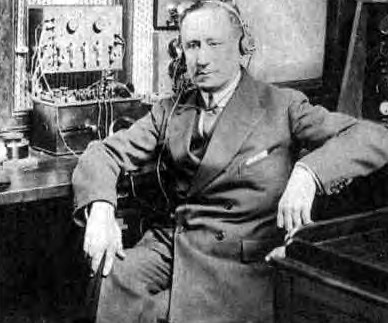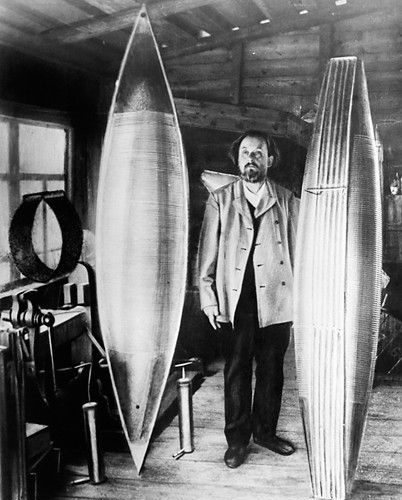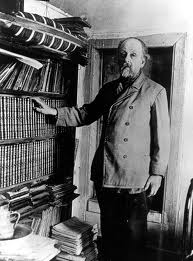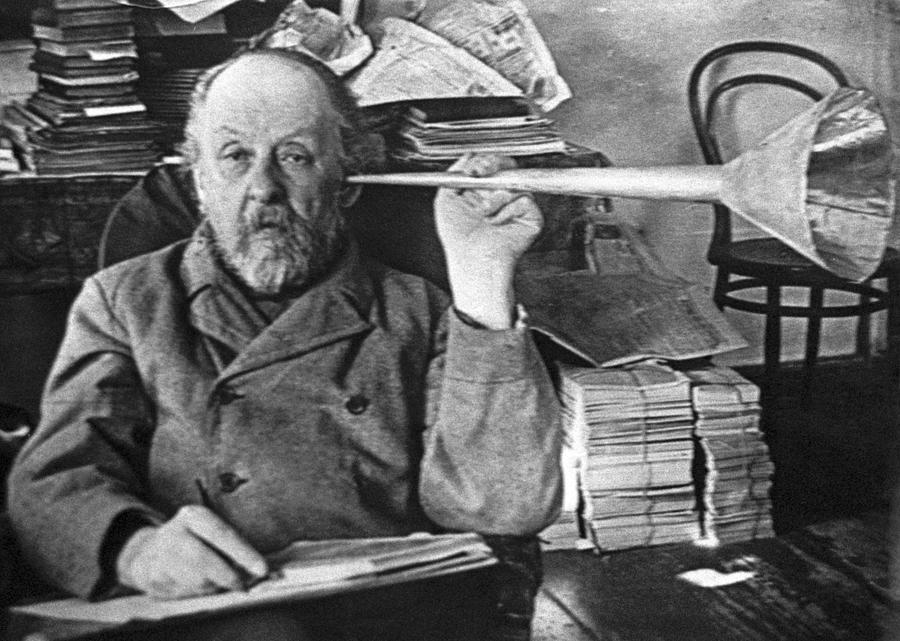The recently departed John Glenn worried about war being waged in outer space, and wherever humans go, chaos, as well as creativity, will surely follow. While Elon Musk has unilaterally decided that direct democracy will govern Mars (and, hey, how nice for him!), we’ll also launch far less savory arrangements into the stratosphere.
In the Trump years, if awful priorities and utter incompetence don’t ground our further forays into the final frontier–sadly, that’s the most likely outcome–you may see beauty pageants on Mars, Saturn’s rings dipped in cheap gold paint and low-gravity golf courses on the moon, where everyone can drive the ball like the pre-Calligula Tiger Woods.
Actually, voyaging into space may become more necessary than ever if, say, you want to flee a nuclear war with China or escape a fossil-fuel dystopia dotted with internment camps. Just thinking out loud here.
The New York Times has a thoughtful consideration of the nebulous state of NASA in the time of Trump, which was written by Dennis Overbye, whose smart, graceful articles about space exploration I’ve been reading since I was a kid. Now we’re both old, and I mostly blame him. The opening:
Two weeks after a presidential election that could have vaulted him to the head of NASA, John Grunsfeld reached across his peanut curry at a small restaurant on the Far West Side of Manhattan, grabbed my notebook and sketched out a plan for a trip to Mars.
Dr. Grunsfeld, astronomer, astronaut, and former associate administrator of NASA, was in town to promote a National Geographic TV series about Martian exploration. On his shirt was a picture of a space shuttle and the Hubble Space Telescope.
We’ve been having a kind of Mars moment lately. Audiences filled theaters last year to watch Matt Damon as The Martian. Personalities as diverse as President Obama and Elon Musk have declared the Red Planet the next great destination.
In the days leading up the election, Dr. Grunsfeld said, NASA was thinking about a Mars mission to get ready for the transition. He himself was rumored to be on the short list to run the space agency should Hillary Clinton have won.
“NASA has never had a scientist as administrator; you and I would have had fun,” he said.
Now, nobody knows where NASA’s rockets are going on their biblical smoke pillars. Donald J. Trump’s one mention of the space program during his campaign was to tell a kid that potholes on Earth need fixing first.•

